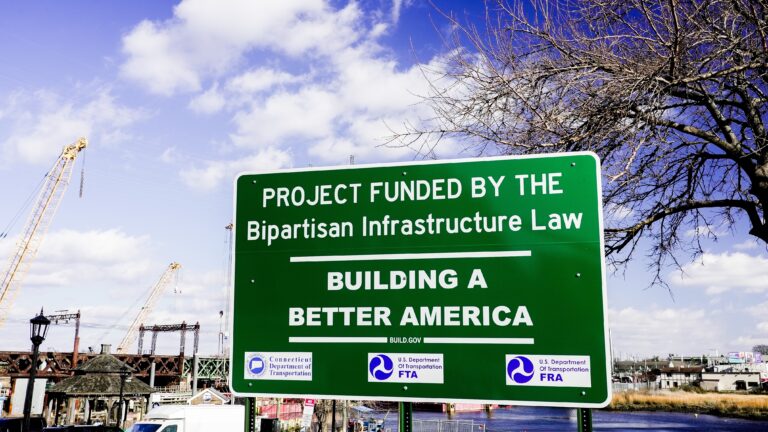The US Department of Transportation’s Federal Highway Administration (FHWA) has unveiled more than US$680m in grant awards under the Bipartisan Infrastructure Law to enhance the nation’s electric vehicle (EV) charging, alternative fuelling and active transportation infrastructure.
The investments aim to expand access to zero-emission transportation options, improve safety for cyclists and pedestrians and create economic opportunities.
A US$635m funding package has been allocated to deploy more than 11,500 EV charging ports and expand hydrogen and natural gas fuelling infrastructure across 27 US states, the District of Columbia, and four federally recognised tribes.
The funding, provided through the Charging and Fueling Infrastructure (CFI) Discretionary Grant Program and the National Electric Vehicle Infrastructure (NEVI) Formula Program, supports 49 projects designed to create a more accessible and equitable transportation network.
READ MORE: FHWA tightens Buy America requirements to boost US domestic manufacturing
Among the funded projects are corridor initiatives to build hydrogen fuelling stations for heavy-duty trucks and community-based EV charging networks, such as the Cherokee Nation’s US$10.7m project to install chargers across northeast Oklahoma and the City of Troy, Alabama’s US$724,912 initiative to bridge gaps in charging access.
The Biden administration’s target of 500,000 publicly accessible EV chargers by 2030 is reportedly on track, with more than 206,000 chargers said to be currently available nationwide, bolstered by both public and private sector investments.
In addition to the EV investments, US$44.5m in Active Transportation Infrastructure Investment Program (ATIIP) grants has been awarded to communities in 13 US states and Puerto Rico.
READ MORE: Massachusetts secures more than US$102m for statewide transportation projects
The funding supports projects that aim to create safe and connected networks for pedestrians and cyclists, improving access to schools, transit hubs and workplaces.
The initiatives align with the National Blueprint for Transportation Decarbonization and the Justice40 Initiative, which aims to ensure 40% of benefits from federal investments flow to disadvantaged communities.
Acting FHWA deputy administrator Gloria M Shepherd said: “These grants are critical for creating equitable access to transportation options while supporting the transition to a cleaner energy economy.”
Subscribe for free to the quarterly print edition of CiTTi Magazine for exclusive insights into the key business issues shaping the future of sustainable urban mobility. Stay ahead of the curve by signing up for the free CiTTi weekly newsletter, delivering sector-leading content straight to your inbox every Friday. For even more updates, follow CiTTi Magazine on X (formerly Twitter) and LinkedIn. LinkedIn followers can also subscribe to Urban Digest — a weekly newsletter curated exclusively for the CiTTi Magazine LinkedIn community.





